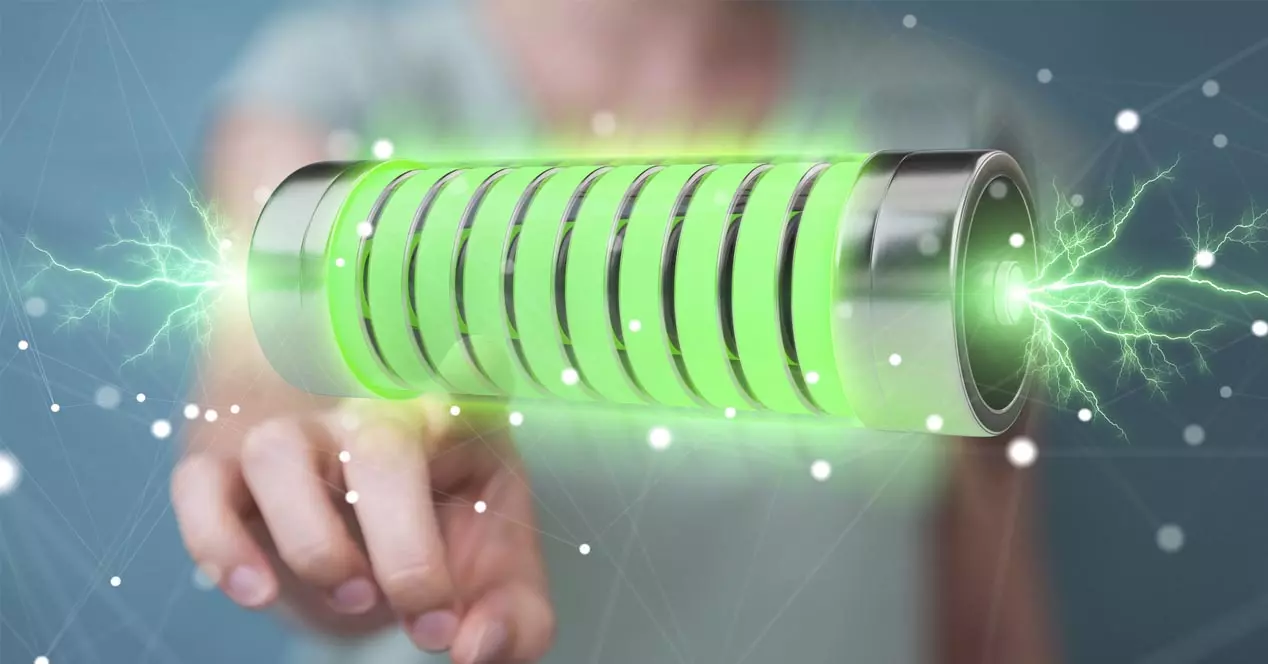In the past, men’s driving style was lost due to the convenience of navigation, but now people rely too much on navigation to drive, and if they are unlucky, they have to wait for someone to rescue them when they reach to a dead end.
A recent study found that it may be possible to persuade drivers to regain confidence in their own judgment.
In addition to research 20 years ago that found that taxi drivers have a larger hippocampus than the average person, recent research has further confirmed neuroplasticity, and scientists now believe that driving without navigation can reduce the risk of Alzheimer’s disease.
Becoming a London taxi driver is not easy, you must be familiar with thousands of London streets, companies, landmarks, and you must pass a license test. Your driving skills have to prove that you can remember the entire London map, which is recognized as a very difficult knowledge test.
Many people will ride motorcycles through the streets and alleys to master the shortest and fastest routes in order to get a license, and let them reach their destinations without a map.
On average, it takes 3-4 years of practice for a person to pass the exam, and some people take longer.
A 20 Years old Study follow-up
Eleanor Maguire, professor of cognitive neuroscience at University College London (UCL), published research 20 years ago in the Proceedings of the National Academy of Sciences, finding that the hippocampus, which is associated with memory and spatial navigation in the London taxi-drivers’ brains, is larger than normal.
A recent follow-up study by the same group of scientists tracked drivers for four years and found that neuroplasticity in the brain did change before the test and after getting the license.
Scientists have found that people who pass the rigorous exam have a larger posterior hippocampus than those who just started practicing four years ago,
There were no changes in the posterior hippocampus in non-taxi drivers or those who failed the licensing exam, proving that spatial learning and memory promote brain development.
Another group of cognitive neuroscience research teams at University College London applied this finding to the study of Alzheimer’s disease. Spatial orientation disorder is almost a specific symptom of Alzheimer’s disease, and it is less common in other dementias.
And the posterior hippocampus tends to atrophy in the early stages of Alzheimer’s disease, and identifying specific regions of the hippocampus that grows with spatial knowledge may help develop tools for early diagnosis of Alzheimer’s disease.
In addition to taking MRI scans of taxi drivers for brain changes, the research team also used Sea Hero Quest, a gaming app that tests spatial navigation skills.
The gameplay is to let players drive boats to find marine creatures in real urban landscapes such as London and Paris.
Test the driving direction recognition ability and compare the data with ordinary people. The team is in the data analysis stage and is expected to announce the results by the end of the year.
Neuropsychologists studying spatial navigation and Alzheimer’s disease believe that learning new things promotes brain health, and staying socially and cognitively active can prevent Alzheimer’s disease.
The team also believes that looking at maps and remembering routes, without relying on GPS, may be one of the ways to stay cognitively active and reduce the risk of Alzheimer’s disease.




